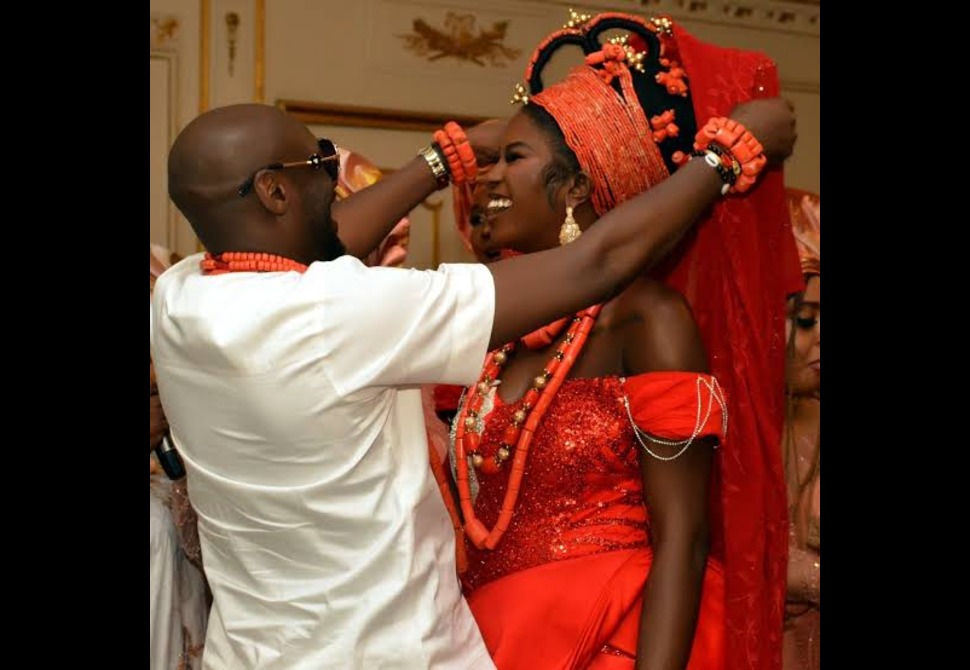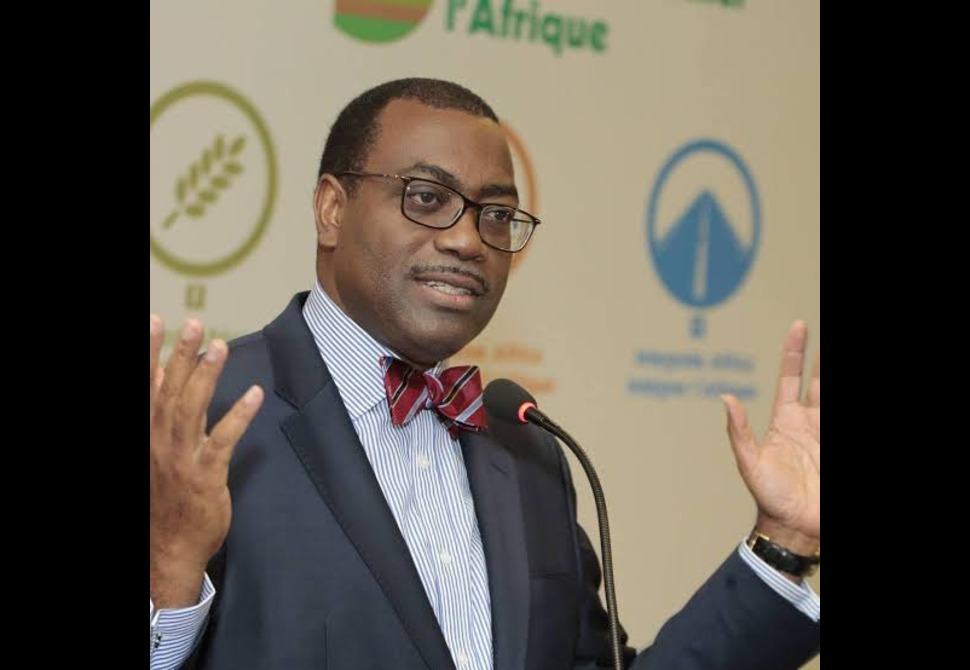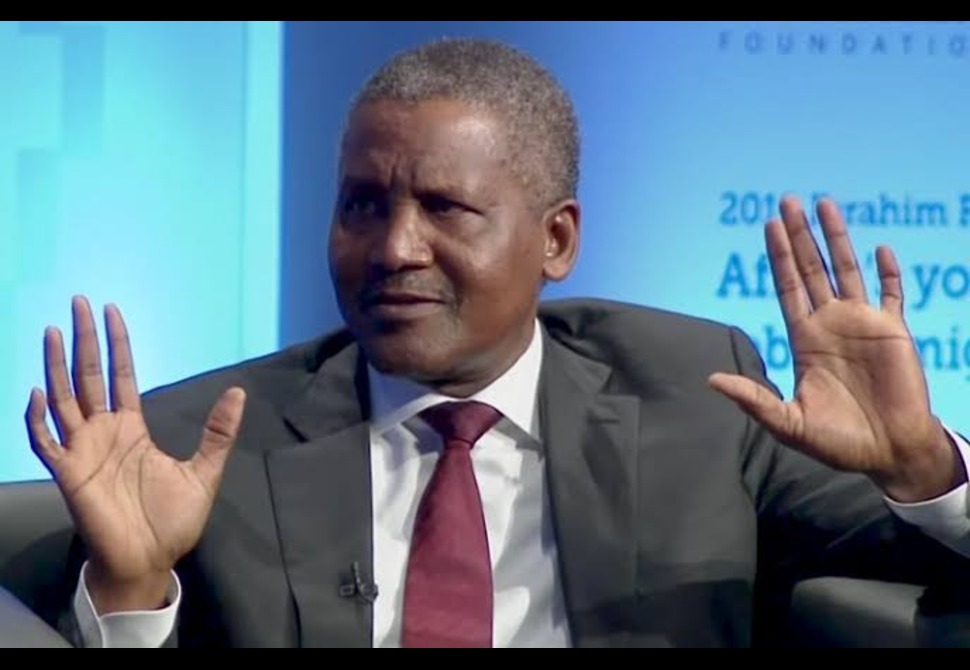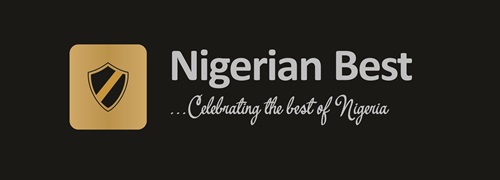10 Most Popular Festivals And Carnivals In Pictures
Nigeria is known for its vibrant culture and rich traditions, which are celebrated through various carnivals and festivals. Here are ten of the most popular ones:
1. Carnival Calabar:Historical Background
The Calabar Carnival originated in 2004 as a way to promote tourism and celebrate the diverse cultural heritage of the region. Initially, it began as a small event but has since evolved into a grand spectacle that showcases the rich traditions and creativity of the people of Cross River State. The carnival was influenced by the historical significance of Calabar, which was a major trading hub in the 19th century and home to various ethnic groups with unique customs and traditions Held annually in Calabar, Cross River State, this carnival features colorful parades, music, dance, and cultural displays, attracting tourists from all over the world.
The success of the Calabar Carnival is largely due to the active involvement of the local community. Various groups, organizations, and individuals come together to plan, organize, and participate in the event. This collective effort fosters a sense of pride and ownership among residents, ensuring the carnival reflects the true spirit of Calabar.This event is usually celebrated in December every year
1. Osun Osogbo Festival
Historical Background
The Osun-Osogbo Festival has its roots in the Yoruba people’s belief system, particularly the worship of deities known as Orishas. The festival dates back several centuries, with some accounts suggesting that it has been celebrated for over 600 years. According to tradition, the festival commemorates the historical journey of the goddess Osun and the founding of Osogbo town. n unique culture, language, and traditions. Nigeria is home to over 250 ethnic groups, and the population of some of these ethnic nationalities is larger than that ofmany countries. With respect tomany of these ethnic tribes that are not listed here for space reasons, here are some of the most prominent ethnic groups in Nigeria:3. The Eyo Festival
Historical Background
The Eyo Festival has its origins in the early 20th century, specifically in 1854, when it was first held to commemorate the passing of Oba Akintoye, the king of Lagos. The festival was initially a tribute to the departed kings of Lagos and has evolved over the years into a broader celebration of the city’s culture and history. The festival is closely associated with the Eyo masquerade, a traditional figure that represents the spirits of the ancestors. The Eyo masquerade is believed to have the power to intercede on behalf of the living, bringing blessings and protection to the community.4. Durbar Festival
The Durbar festival dates back to over 200 years when horses were used in warfare to protect the Emirate. Each noble household was expected to defend the emirate by performing a regiment. Once a year, the regiments would gather for a military parade to demonstrate allegiance to the Emir, by showcasing their horsemanship, readiness for war and loyalty.
The Durbar festival is filled with spectacular traditional bazaar of African music. Rhythm of the traditional music instruments fill the air.
5. Ojude Oba Festival
Ojude Oba which means, “the king’s fore-court or frontage,” could also be translated as “majestic outing.” The Ojude Oba festival in Ijebu Ode is known to the Ijebus as a major festival that brings them together. The native age groups (regberegbe), indigenes, their friends, and associates from far and near throng the palace of the Awujale of Ijebuland for the carnival-like celebration. The festival is celebrated on the third day after Id-El-Kabir. Ojude Oba is one of the most glamorous cultural and spiritual festivals in Ijebuland and in Ogun State in general. This is a celebration that has traditional, cultural, religious, social, and military significance. It has been celebrated for more than 100 years.
6. New Yam Festival
The New Yam Festival is an annual cultural festival held at the end of therainy season usually in early August. It is a festival associated with West African countries, particularly Nigeria and Ghana, which symbolizes the conclusion of a harvest and the beginning of the next work cycle.
The New Yam Festival is done at the community level first before individuals celebrate with their families, with the new yam being the staple food throughout the celebration.Although celebration differs from community to community, the major thing is that the new yams are first offered to the gods and ancestors to show gratitude for their protection and kindness in leading the people from lean periods to the time of bountiful harvest without deaths due to hunger. The ritual is performed by the oldest man in the community, the high priest or the king. After that, he eats the new yam first, as he is believed to be the link between the gods and the people.
After that, celebrations begin in full swing as individuals and families are allowed to eat new yams, which are the only staple food of the day. The yams are cooked with palm oil, water, chicken, fish, and any other assorted animals and ingredients that anyone can afford. In most Igbo families, wives and children cannot start eating newyam without waiting for their fathers to join them, as it is taboo to eat new yams before celebrating the ancestors first.
7. Sango Festival
Sango Festival is an annual festival in Nigeria held among the Yoruba people in honour of Sango, a thunder and fire deity who was a warrior and the third king of the Oyo Empire after succeeding Ajaka his elder brother. Renamed in 2013 to World Sango Festival by the government of Oyo State, the festival is usually held in August at the palace of the Alaafin of Oyo, in Yorubaland.
8. Egungun Festival
Nigeria’s annual Egungun festival is a centuries old Yoruba tradition, and one of the most colourful cultural celebrations in West and Central Africa.The streets of the towns in south-west Nigeria are flooded with crowds in late August, towards the end of the rainy season.The festival revolves around the Egungun – a hidden fellowship of people who adopt elaborate masquerades and are supposed to morph into ancestral spirits during the event.
9. Argungun Festival
Argungu fishing festival is a way of life for the people of Kebbi State. The festival preserves tradition and promotes conservation. The annual festival takes place in February and marks the end of farming season and start of the fishing season. The festival is a four-day cultural event. It begins with an agricultural show, water sport displays, traditional Kebbawa entertainments and ends with the spectacular fishing competition in the Mata Fadan River.
10. Olojo/Ibogun Festival
The Olojo Festival is an ancient festival celebrated annually in Ife, Osun State, Nigeria. It is one of the popular festivals in the Yoruba land and was once described by Oba Adeyeye Enitan Ogunwusi as a festival that celebrates the Black race all over the world. The Yoruba word ‘Olojo’ means ‘The Day Of The First Dawn’ that describes the grateful heart of man towards God’s creation and the existence of Humans. The Olojo Festival is a culture festival in the calendar of the Ile-Ife, Osun State which is located in the Southwestern part of Nigeria. It is the celebration of the remembrance of “Ogun”, god of Iron, who is believed to be the first son of Oduduwa, progenitor of the Yoruba people. The festival is held annually in October. It is one of the biggest festivals in Nigeria.









